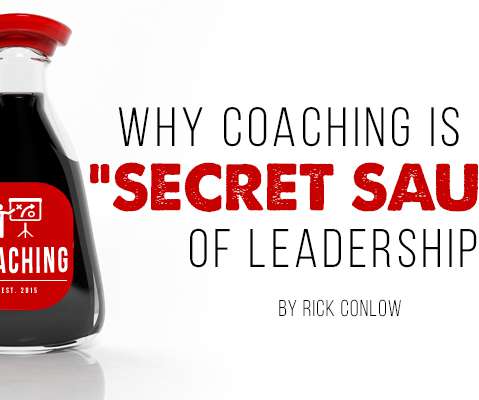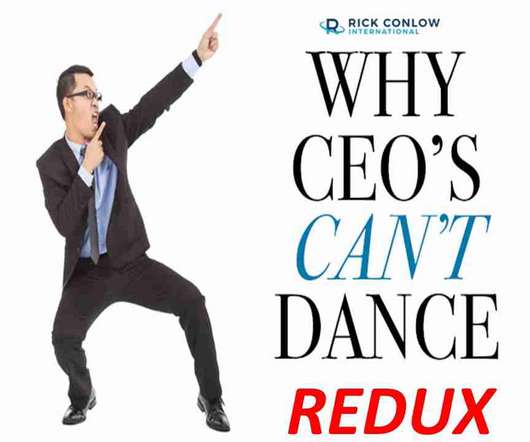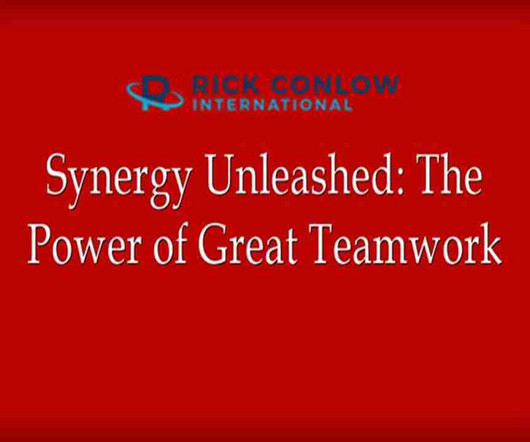Talent Matters Even More than People Think
Harvard Business
OCTOBER 4, 2016
Leaving aside luck, which equates to confessing that we don’t really know, there are really just two explanations: talent and effort. Talent concerns the abilities, skills, and expertise that determine what a person can do. Effort concerns the degree to which the person deploys their talents. Is talent overrated?





























Let's personalize your content